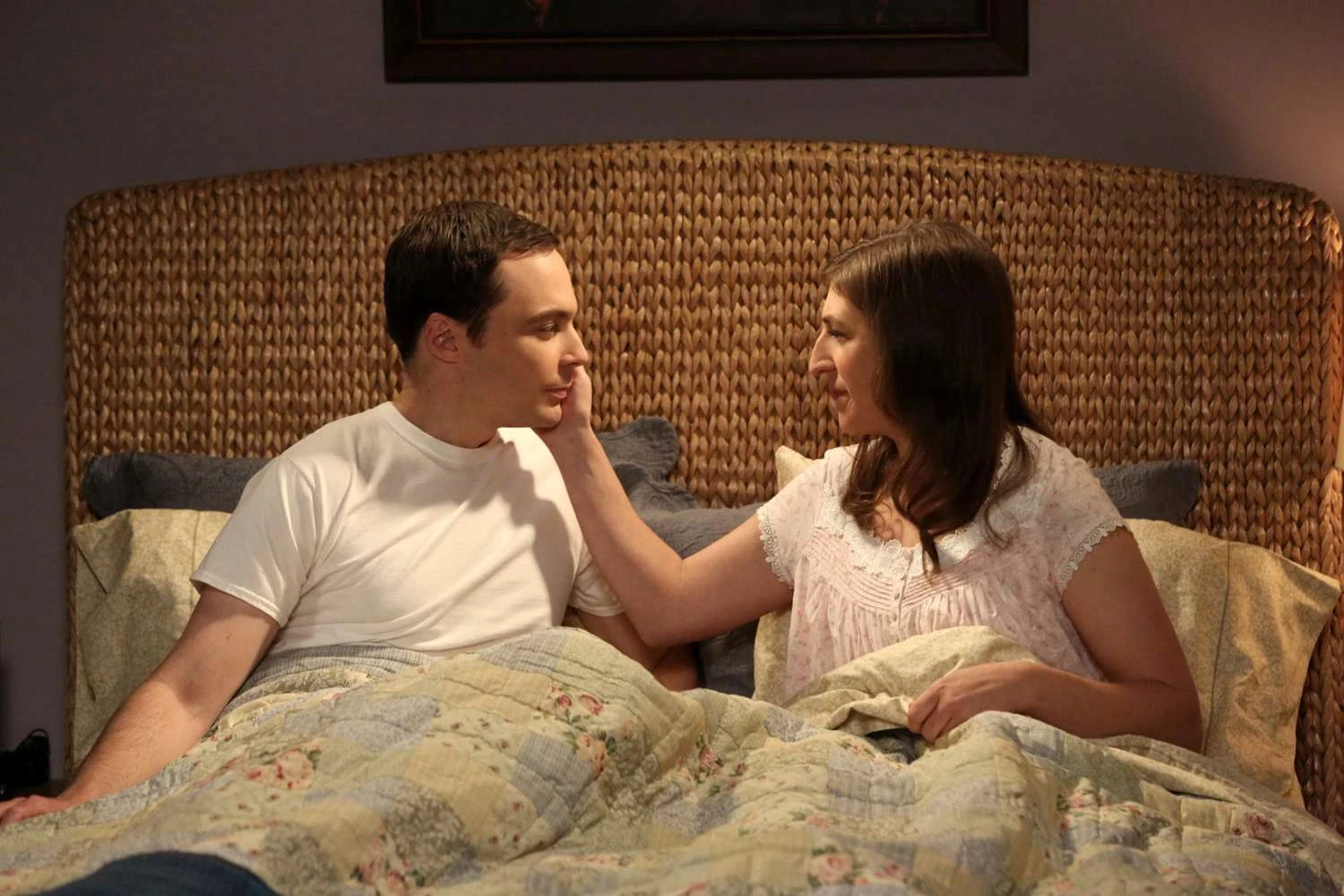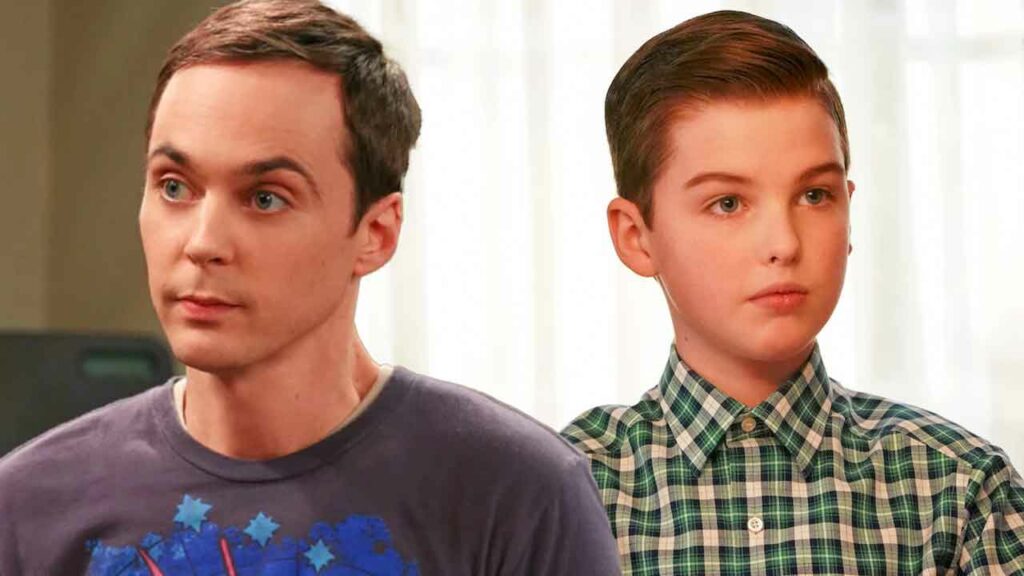In the expansive world of television sitcoms, few characters have captured the audience’s imagination as strongly as Sheldon Cooper from “The Big Bang Theory.” Portrayed by Jim Parsons, Sheldon’s quirky and unique personality has been a topic of discussion since the show’s inception. One recurring debate centers around whether Sheldon exhibits traits of a developmental disorder, specifically Asperger’s Syndrome.

While the show’s writers chose to keep Sheldon’s characterization ambiguous, there were numerous signs suggesting he might be on the spectrum. This creative decision was partly explained by Chuck Lorre, the showrunner, who believed that officially labeling Sheldon would have necessitated a more authentic portrayal of a “very-real syndrome that can be difficult.”
Chuck Lorre’s Perspective on Labeling Sheldon
Chuck Lorre, known for his masterful storytelling, had a clear stance on why Sheldon’s character was never explicitly labeled. In “The Big Bang Theory” book, Lorre articulated his reasoning:
We did not want to put a label on Sheldon, because with that comes a responsibility of authenticity … which should be respected. I think not having a label gave Jim a great deal of more freedom to play the part as he wanted to play it, as opposed to how we might have been pressured to do for a very-real syndrome that can be difficult.
Lorre’s approach allowed the character to be more flexible and multifaceted, avoiding the constraints that might come with a definitive label. This decision aimed to celebrate certain aspects of someone on the spectrum without the full responsibility of accurate representation.

Jim Parsons’ Take on Sheldon’s Traits
Contrary to Lorre’s viewpoint, Jim Parsons, who brought Sheldon to life, believes that the character does exhibit many traits of Asperger’s Syndrome. Parsons, after delving deeper into understanding Asperger’s, observed that Sheldon displayed numerous characteristics associated with the condition.
The more I read up on Asperger’s, I was like, Well, the writers can say no, but Sheldon sure has a lot of the same traits.
Parsons’ insight adds a layer of complexity to Sheldon’s character, highlighting the nuanced performance he delivered over the show’s 12-season run. This perspective underscores the actor’s dedication to understanding and portraying his character with depth and sensitivity.
The Evolution of Sheldon’s Relationships
Another significant aspect of Sheldon’s character evolution involved his relationships, particularly his romantic entanglements. Initially, Lorre envisioned Sheldon as asexual, with a singular focus on science. As Lorre put it, “Science was his mistress.”
However, the introduction of Mayim Bialik’s character, Amy Farrah Fowler, marked a turning point. Amy’s presence allowed the writers to gradually develop Sheldon’s romantic side without compromising his established personality traits. Lorre explained their cautious approach:
[When we] … eventually did enter Sheldon into a relationship … we did it very slowly, and in a way that made us feel like we hadn’t done a 90-degree turn at all.
Parsons embraced this development, finding it consistent with the character’s growth and evolution. He accepted the inclusion of a love interest for Sheldon just as he had accepted Sheldon’s initial asexuality.
The Lasting Impact of Sheldon Cooper
Sheldon Cooper remains one of television’s most iconic characters, thanks to the collaborative efforts of the writers, showrunners, and Jim Parsons. The ambiguity surrounding his developmental traits allowed for a more dynamic and flexible character, while Parsons’ nuanced portrayal provided depth and authenticity.
As “The Big Bang Theory” continues to be a beloved part of television history, the discussions about Sheldon’s traits and the decisions behind his character’s development reflect the thoughtful consideration that went into creating such a memorable figure. Whether fans view Sheldon as being on the spectrum or not, his impact on popular culture is undeniable, serving as a testament to the power of thoughtful storytelling and character development.

